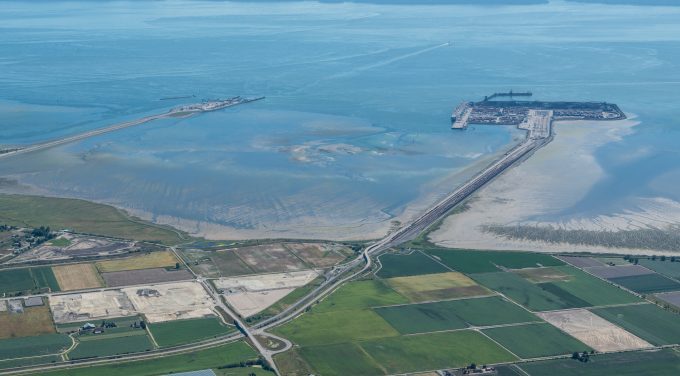Another rollercoaster week on Canada's west coast
Things are relatively quiet this morning, but it may simply be more of that breath-holding ...

New automated terminals create “an intensified competitive market” that forces existing local terminals to follow suit, a union has claimed.
The International Longshore Workers Union (ILWU), which has been locked in contract negotiations with representatives of the British Columbia Maritime Employers Association, sees automation as a ...
CMA CGM South Korean staff strike over bonuses after bumper 2024 profit
'Another painful headache for shippers' as Asia-N Europe rate rally ends
Amazon Air Cargo partners-up for new transpacific route into the US
MSC switches two more Asia-Europe port calls from congested Antwerp
Ports and supply chain operators weigh in on funding for CPB
Nightmare for Bangladeshi exporters as congestion and tariffs bite
Carriers introduce surcharges as congestion builds at African ports
CMA airline returns two freighters, while ANA takeover of NCA looms

Comment on this article